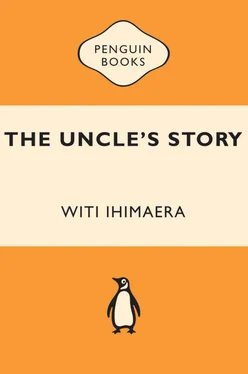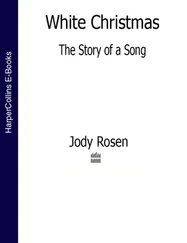In terms of research, I wish to particularly acknowledge the following texts:
Brief History of the New Zealand Army in South Vietnam, 1964 – 1972 , Army Public Relations, NZ Ministry of Defence, Wellington, 1973; Choppers: Thunder in the Sky , Robert Genat, Metro Books, New York, 1998; Grey Ghosts: New Zealand Vietnam Vets Talk About Their War , Deborah Challinor, Hodder Moa Beckett, Auckland, 1998; Reluctant Warrior: A Marine’s True Story of Duty and Heroism in Vietnam , Michael C. Hodgins, Ivy Books, New York, 1996; Six Silent Men: 101st LRP/ Rangers: Book One , Raynel Martinez, Ivy Books, New York, 1997; Splash One: Air Victory Over Hanoi , Walt Kross, Brassey’s (US) Inc., McLean, 1991; The Killing Zone: New Zealand Infantry in Vietnam , 1967 to 1971 , Colin Smith 1987; The New Zealand Army: A History from the 1840s to the 1980s, Major M. R. Wicksteed, RNZA, Wellington, 1982; Te Mura O Te Ahi: The Story of the Maori Batallion, Wira Gardiner, Reed, 1992; and Wounded Warriors, The true story of a soldier in the Vietnam wars and the emotional wounds inflicted, Colin P. Sisson, Total Press Ltd, Auckland, 1993.
Documents about the 28th NZ (Maori) Batallion by Bruce Poananga and George Rogers were also consulted.
The First Peoples’ Conference described in Part 6 of the novel is based on the ‘Beyond Survival’ conference, Ottawa, Canada, 1992 and the ‘To See Proudly: Advancing Indigenous Arts Beyond the New Millennium’ conference, Ottawa, Canada, 24–27 September 1998. The political debates that occur in the novel are extrapolated from some of the issues that arose at both conferences.
The ‘Heartbreak Hotel’ (Axton/Durden/Presley) © lyrics on p. 240–243 are reproduced with kind permission by J Albert & Son Pty Ltd.
The lines on p. 120 were written by Nguyen Du, an 18th century Vietnamese poet and philosopher.
As always, my thanks to Jessica Kiri and Olivia Ata, my constant inspiration. Thanks also to Jenny Te Paa, who will recognise herself, to Darling Thing, to Little Bear, who came into my life just when I needed him, to Jenny, Jaimie and Gretchen, my madcap companions on the trip through Texas, and to the boys in Hawaii.
Finally my thanks and tribute to my publisher, Geoff Walker, Jane Parkin, my editor, and Louise, Mary and Marilyn who helped me through the jungles of Vietnam.
Witi Ihimaera is descended from Te Aitanga A Mahaki, Rongowhakaata and Ngati Porou tribes, with close affiliations with other Maori tribes.
His novels include the award-winning The Matriarch , winner of the Wattie/Montana Book of the Year Award in 1986, and its sequel, The Dream Swimmer , published by Penguin in 1997. He has won the Wattie/Montana on two other occasions, for Tangi in 1974 and Bulibasha, King of the Gypsies in 1995, published by Penguin. His other fiction includes: Pounamu, Pounamu ; Whanau ; The New Net Goes Fishing ; The Whale Rider ; Dear Miss Mansfield ; Kingfisher Come Home and Nights In The Gardens of Spain . Ihimaera has also edited a major five-volume collection of new Maori fiction and non-fiction, called the Te Ao Marama series. His first play, Woman Far Walking , premiered in 2000 at the International Festival of Arts, Wellington.
Ihimaera is a former diplomat who has served with the New Zealand Ministry of Foreign Affairs in Canberra, New York and Washington. He now lives in Auckland and lectures in the English Department at the University of Auckland, specialising in creative writing and the literatures of New Zealand and the South Pacific.












